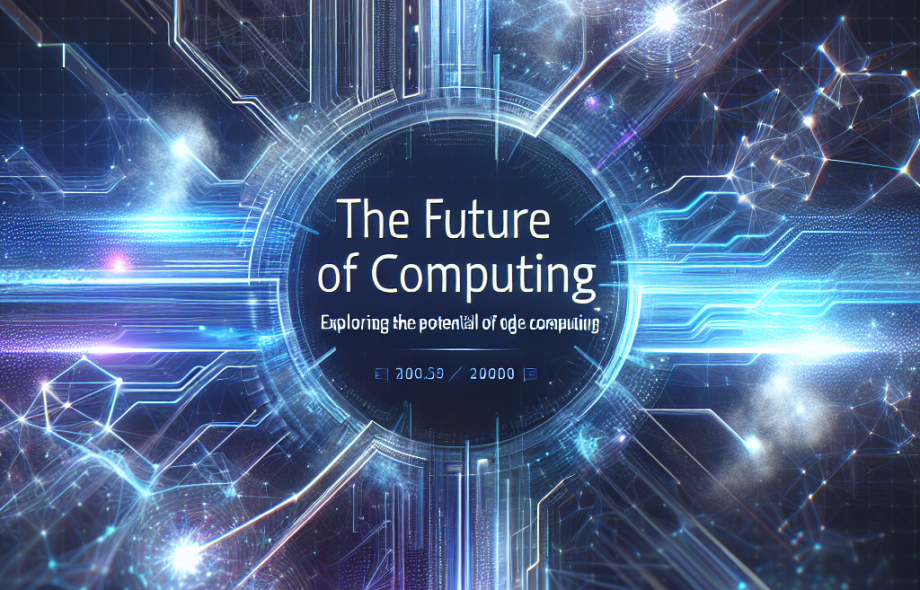Edge computing is a technology that is revolutionizing the way data is processed and managed in the digital world. Unlike traditional cloud computing, which relies on centralized data centers to store and process information, edge computing brings computation and data storage closer to the source of data generation. This means that data processing happens closer to where it is generated, reducing latency and enhancing performance.
One of the key advantages of edge computing is its ability to process data in real-time, making it ideal for applications that require immediate responses, such as autonomous vehicles, industrial automation, and smart grid systems. By bringing computation closer to the devices generating the data, edge computing also reduces the need to transmit large amounts of data to centralized servers, leading to lower bandwidth usage and faster processing times.
Another benefit of edge computing is its ability to improve security and privacy. Since data is processed locally on the edge devices, sensitive information can be analyzed and acted upon without needing to be transmitted over a network. This reduces the risk of data breaches and unauthorized access, making edge computing an attractive option for industries that prioritize data security.
As the Internet of Things (IoT) continues to grow, edge computing is becoming increasingly important for managing the massive amounts of data generated by connected devices. By processing data at the edge, IoT devices can operate more efficiently and autonomously, leading to improved performance and a better user experience.
Despite its many advantages, edge computing also presents some challenges. One of the main challenges is the need for robust network infrastructure to support the distributed nature of edge computing. Ensuring reliable connectivity and low latency between edge devices and centralized servers is essential for the success of edge computing deployments.
In conclusion, edge computing is a transformative technology with the potential to revolutionize the way we process and manage data. By bringing computation closer to the source of data generation, edge computing offers numerous benefits in terms of performance, security, and efficiency. As industries continue to adopt IoT devices and connected technologies, edge computing will play a crucial role in shaping the future of computing.
 :
https://www.pinterest.com/xceltec0192/
:
https://www.pinterest.com/xceltec0192/

